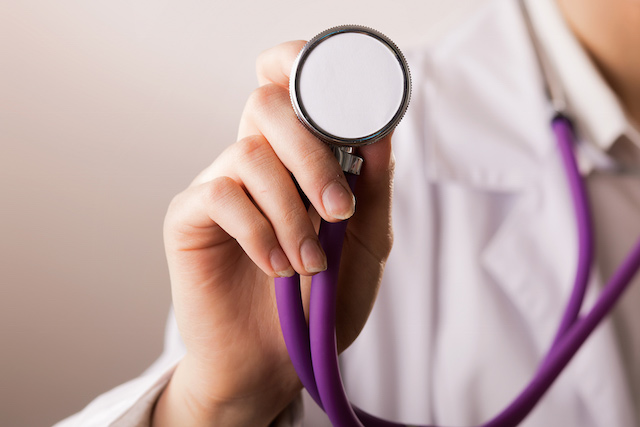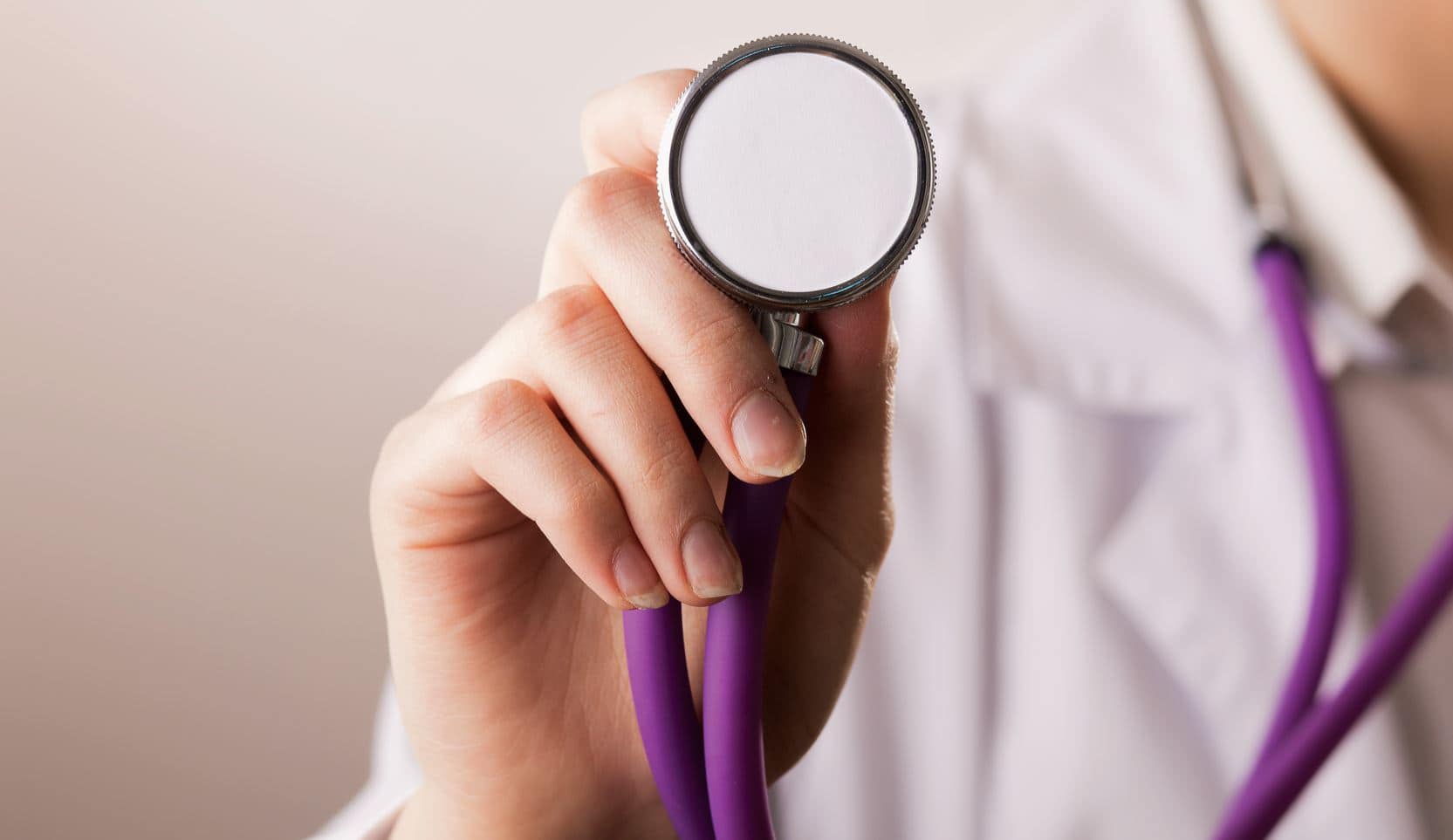 Not everyone in the medical practice can expect to have all of their essential products provided for them by their employers. Doctors in private practice especially will need to stock their examination rooms with everything they could expect to need based on their areas of expertise, such as family practice, cardiology or wound care. While those working in large hospitals can expect to find most patient care items in the supply room, even nurses will want to carry some of their own items in their pockets for quick access. Here is a look at some essentials that every medical professional will need at some time.
Not everyone in the medical practice can expect to have all of their essential products provided for them by their employers. Doctors in private practice especially will need to stock their examination rooms with everything they could expect to need based on their areas of expertise, such as family practice, cardiology or wound care. While those working in large hospitals can expect to find most patient care items in the supply room, even nurses will want to carry some of their own items in their pockets for quick access. Here is a look at some essentials that every medical professional will need at some time.
Stethoscopes
Not just a cardiologist will need a stethoscope. Medical professionals of all varieties find these tools useful to listen to the inner workings of the bodies. Respiratory therapists use them to listen to the lungs while gastroenterologists use them to hear the bowels. Those in cardiology may want to find a specialty option by a reputable brand, such as Littmann.
Face Masks
Disposable face masks are good to have on hand for patients who have a contagious sickness or who are coughing to prevent disease spread to other patients. Health care workers will also want to use them for certain clinical tasks, such as dressing changes, chest tube insertions and suctioning of the lungs.
Medical Gloves
Medical gloves are worn much of the time in hospital rooms but are also used frequently in clinics during examinations. Gloves protect both the health care worker and the patient from the spread of bacteria or viruses from bodily fluids and blood. Latex-free gloves are a good choice for those who have latex allergies.
Penlights
One of the smallest options on this list, a good penlight will allow practitioners to see into the mouth and eyes and perform neurological exams, yet it will be small enough to fit into the pocket. Some penlights are designed to attach to the name badge.
Quality Exam Chairs
An exam chair should be found in every clinic examination room. The best kind come with a variety of helpful features, such as adjustable height, built-in drawers and lights, stirrups and even armrests. They should give the patient the most comfort while also allowing the practitioner clear access to the patient.
Dressing Supplies
All health care facilities should have adequate supplies of bandages and dressings no matter what the area of expertise is. A variety of bandage types should be on hand for different types of wounds as well as to account for patient allergies. Consider stocking all sizes of gauze, paper and plastic tape, foam dressings, medicated dressings and transparent adhesive bandages in addition to betadine cream and other medications for wounds.
Good Shoes
While these are not found as a part of a healthcare facility, good shoes are essential to any medical professional’s successful practice. These individuals are on their feet for a good portion of each workday and will need shoes that are comfortable, that support the arches and that protect the toes from heavy items. Shoes should have closed toes and backs and should feature quality arch supports. In addition, they should be ventilated to protect against fungal infections of the feet.
This is just a quick look at the most basic essentials. Most health care professionals will also need to invest in several sets of high quality, comfortable scrubs. Health care workers will need to consider the area in which they work for specifics, such as head coverings for the operating room. New medical workers can check with those who have gone before them for even more necessary tools and helpful hints for on the job.
Emma Sturgis
Recent Posts
- Castor Oil For Better Hair Growth: Is It Myth Or Fact?
- Exploring the Differences Between Sermorelin, Ipamorelin, Ibutamoren, GHRP2, and GHRP6: Understanding Their Role in Human Growth Hormone Regulation
- Unraveling the Mystery: Understanding the Causes and Prognosis of Ventricular Tachycardia Without Apparent Heart Disease
- Understanding Grandparents’ Rights in Oklahoma: Navigating Visitation and Legal Protections
- 10 Reasons to Consider Hypnotherapy for Your Health

